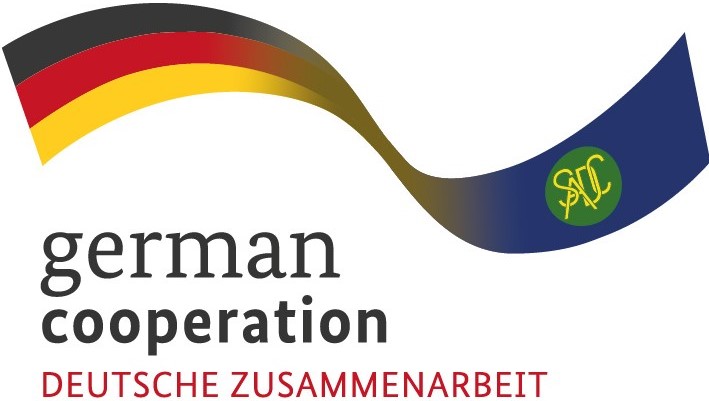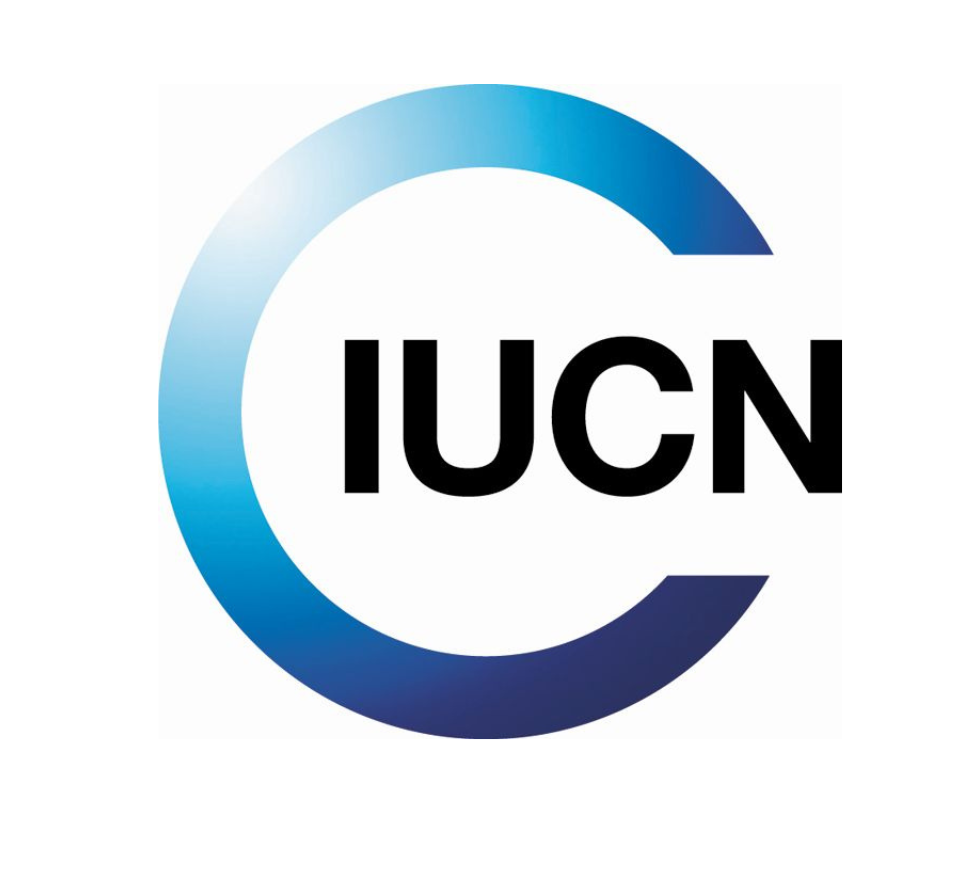 Translate
Translate
Resources
THE IMPLICATIONS OF TRANSFRONTIER CONSERVATION AREAS (TFCA’s): A COMPARATIVE POLICY ANALYSIS STUDY OF SUSTAINABLE DEVELOPMENT IN SOUTH AFRICA BETWEEN THE GREAT LIMPOPO TRANSFRONTIER CONSERVATION AREA AND LUBOMBO TRANSFRONTIER CONSERVATION AR
| Author: | LB Shongwe |
| Language: | |
| Topic: | Conservation |
| Type: | Research |
| Last updated: | 15 May 2025 |
Master Thesis. 2005 The dissertation is rooted in the implications of the policy on Transfrontier Conservation Areas.
It is a comparative policy analysis study of sustainable development in South Africa between the Great Limpopo Transfrontier Conservation Area and Lubombo Transfrontier Conservation Resource Area.
Qualitative research methodology and theoretical analysis are used in this research. Qualitative
research answers the question, “what is going on here?” (Bouma, 1996: 169). The research on the two Transfrontier Conservation Area is investigated through literature review and to a lesser extent by conducting face to face interviews with government officials dealing with the two Transfrontier Conservation Areas.
The approach in the research is the Managerial approach. “The focus of the management approach is the improvement of the efficiency, effectiveness and economy of the public sector by the utilisation of techniques which were once regarded purely appropriate to the private profit sector” (Parsons, 1995: 479).
The dissertation also examine the effects of the two TFCA’s in question on Ecotourism, Economic growth and the conservation of biodiversity for sustainable development in South Africa within the New Partnership for Africa’s Development (NEPAD) initiative.










